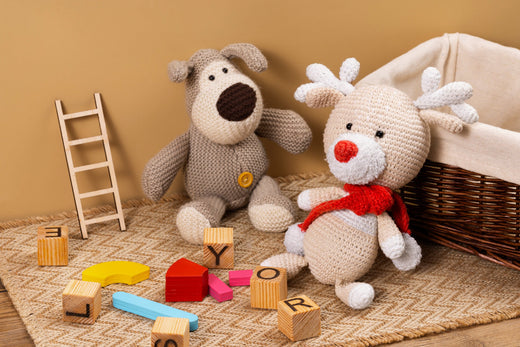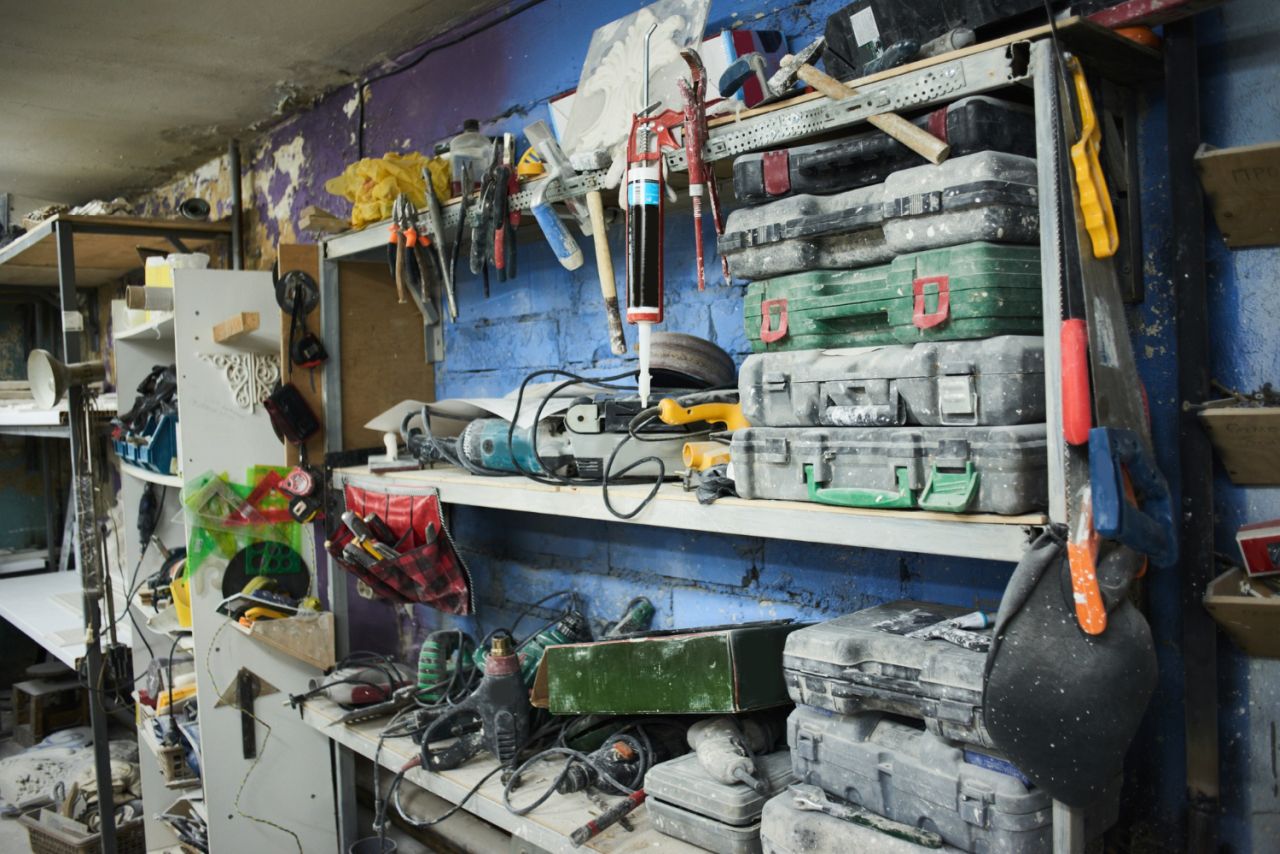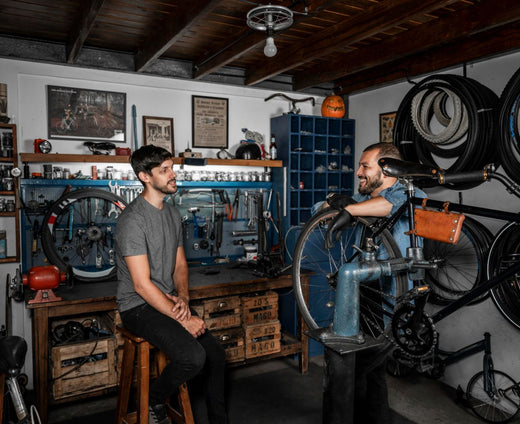A garage is a convenient convenience that can greatly improve one's quality of life.
A larger garage or parking area is a highly desirable amenity that can influence a buyer's decision to purchase a home.
However, once you have a garage, it can be challenging to determine which valuables can be stored there safely and how the space can be used most effectively.
If your family is like ours, the garage quickly becomes a dumping ground for unwanted items of all sizes.
This is especially true with regards to various chemicals and other undesirables that might find their way into our home.
But can we trust that a garage is a safe place to keep these chemicals and other items?
In this article, we'll go over what can and cannot be kept in a garage, as well as suggestions for how to do so safely.
The safekeeping of chemicals is of paramount importance to any garage.
Pests
Garages, especially those that are detached from the house or in an entirely different location, are prone to pest infestations.
Pests' early signs can be subtle, making it possible to miss them until it's too late and the damage has already been done.
Garages are a perfect hiding place for rodents, so homeowners should be wary of storing old furniture or food there.
You shouldn't let the possibility of pests deter you from using your garage as a secondary storage space, though.
If you don't want any uninvited visitors, it's easy enough to prevent that from happening by setting traps or taking other safety measures.
Leaks
Another common problem that can result in damaged property is a garage that leaks.
Even though leaks in a well-maintained garage are uncommon, even a small amount of water can cause serious problems for the cars stored there, as well as for the boxes they're kept in, any mould that grows there, and any electrical components that may have been exposed.
If you intend to keep any of these things in a garage, you should do so with the understanding that you must inspect for and treat any signs of water damage on a regular basis.
This is especially crucial in the winter or after a heavy rainstorm, when leaks are more common.
Theft
It's just as important to make sure the outside of your garage is secure as the inside.
You can't keep constant watch over your belongings in a garage that's not attached to your house, but there are steps you can take to protect them.
It's a good idea to put in some extra cash for a good security system if you plan on storing expensive vehicles or other valuables in your garage.
These extra precautions will keep you safe and ensure that you don't have to worry.
Our sectional garage doors, and our up and over garage doors in particular, can be an excellent choice if you're worried about keeping your garage secure.
Fire
Fire risk is notoriously difficult to predict, making emergency responses all the more challenging.
Separating the sources of oxygen, heat, and fuel is crucial for preventing fires in garages.
Paints, chemicals, and other flammables should not be kept in an unguarded garage.
Water heaters and other sources of heat should be properly ventilated and placed a safe distance from flammable materials.
While a house fire can be incredibly destructive, the damage can be greatly mitigated if the household is well-prepared.
Items That Attract Critters
Books

Putting dried goods and vacuum-sealed clothing away in the garage may seem like a good way to keep pests away from these items.
Imagine turning that cluttered, dark space into a bright, elegant area of your home. With GarageSmart, it’s easier than you think. Our team will help you create the perfect garage renovation for your needs and budget. You won’t regret choosing us as your partner in this project!
Pests, such as rodents, can be a problem regardless of how well food is stored.
These items can easily be used as either food or nesting material by rats, regardless of how well you try to keep them out of their reach.
Pet Food
Keep in mind that the local possum, racoon, rat, or mouse will most likely help themselves to Fido's supper if you keep any extra food, treats, or bones for him in the garage.
Keep all wild bird food in a separate location to avoid rodents and other pests. Canned food must be stored in the same manner.
Hold on to those things inside the house!
Firewood
The first place that comes to mind for stowing firewood is the garage. It's a protected space that's also open and simple to get to.
On the contrary, the opposite is true. Ants, termites, cockroaches, and beetles are just some of the pests that like to make firewood their home.
The best option is to stack it outside, off the ground, on a pallet.
A watertight tarp can then be used to protect the wood from rain and snow.
Books
Books aren't the only paper products that can invite unwanted guests.
Newspapers provide the perfect material for the nests that rats and mice so frequently construct.
According to familyhandyman.com, silverfish love to eat the glue that holds books together.
Clothing
You shouldn't keep clothing in the garage for a variety of reasons, even if the garments are sealed in airtight containers.
A small hole in one of your containers, for instance, could allow moisture or insects to destroy your clothing.
Temperature-Dependent Items
Wooden Furniture
Humidity levels in a garage are often high enough to cause damage to some belongings because of the garage's heat and enclosed nature. BobVila.com claims that long exposure to high temperatures and humidity can be disastrous for:
Paint
Unfortunately, although it may seem like a garage would be a great place to keep paint, it is not.
Paint can become unusable if exposed to extremely cold or hot temperatures because it will separate or gel.
If you want to avoid the time and expense of moving your paint cans every time you want to use them, you should probably find another location.
Look for a place to store your things in a spare closet.
Printed Photographs
Treasured prints should not be kept in a garage because of the high temperatures and humidity levels typically found there.
Photos can be discoloured, cracked, and even warped due to temperature changes, which can negatively impact their overall quality.
Electronics
If you would not leave it in your car on the hottest day of the year, it probably shouldn't be stored in your garage either.
Electronics like computers, video games, and televisions are susceptible to damage from both extremely high and extremely low temperatures.
If the motor burns out or breaks, you can forget about retrieving any of your old data.
Do yourself a favour and find a more appropriate location than the garage to keep your electronics (especially your laptops).
Wooden Furniture
The accumulation of moisture in a garage can cause wood furniture to swell and warp.
Particularly fragile items, like antiques, should be kept in a climate-controlled storage unit or at home.
Spare Refrigerator
It's easy to get carried away with the idea of installing a refrigerator in your garage, especially if you're creating a man cave out of your garage.
However, garages can get pretty warm, and that means your monthly energy bill will rise by a significant amount.
Hazardous Materials
Forty-five percent of garage fires spread to other parts of the house.
Simply considering this fact should dissuade you from keeping anything combustible or flammable in your garage.
You should never keep these things in your garage because an unintentional fire could be devastating, especially if it were to spread to your home.
Assuming you have safely stored them is no guarantee they won't cause harm.
Gasoline
Gasoline is still dangerous even when contained in a can. A single spark is all it takes to cause a fire.
Oily Rags
Additionally, oily rags should never be kept in a garage or similar area, especially not near any power sources.
Actually, "spontaneous combustion (and a devastating fire) can occur when oily rags are stored where the internal heat that is generated isn't allowed to escape," as familyhandyman.com puts it.
Propane Tanks
Propane tanks were designed to prevent explosions when used properly. If your propane tank isn't properly sealed, the ignition of your vehicle can spark a fire.
Can Perishables Be Kept in the Garage All Winter Long?

Refrigerators are used to store potentially poisonous perishable foods like meat, eggs, dairy products, cut fruit and vegetables, and leftovers.
Refrigerating food and drinks not only increases their freshness, but also increases the shelf life of products like condiments and other foods that don't perish easily.
Temperatures in refrigerators should be maintained at or below 40 degrees Fahrenheit to stop the growth of bacteria that can cause food poisoning.
Day-to-day and overnight temperature swings are common, with the range being 40 degrees Fahrenheit and lower.
It's also possible for there to be a sizable temperature gap between being in the sun and being in the shade.
Even if it seems cold outside, that doesn't mean the temperature is actually within the safe range for storing food.
Temperature isn't the only factor that should be carefully evaluated. It is important to keep in mind that any food that has been stored in a container and then brought onto an unclean surface, such as the floor of a porch, can potentially contaminate the rest of the meal once it is brought back inside.
GarageSmart® Storage Cabinets, Draws, & Work Benches are the perfect way to organize your garage! With GarageSmart®, you’ll have plenty of storage space for all of your tools, sports equipment, and other belongings.
It's possible that if you leave food out, both wild animals and domestic pets will come running.
Food can become tainted with harmful bacteria, viruses, parasites, and even physical debris if animals crawl over it, open it, or eat it.
Air flow is also important for effective refrigeration. A refrigerator's fan disperses heat throughout the appliance to keep food at an even temperature.
With less air movement, food won't go cold as quickly. It's possible that a big pot of soup left on the porch won't cool down fast enough.
When you want to speed up the cooling process, you should put food in a shallow pan or individual containers.
To hasten the cooling process, you should stir it at regular intervals. Within 2 hours, food temperatures must be lowered from 140 degrees Fahrenheit to 70 degrees Fahrenheit.
There is a 4-hour window after food reaches 70 degrees to reduce the temperature to below 40 degrees Fahrenheit.
Due to the unpredictability of storing food in unheated spaces like the garage or outdoors, perishables like water and soda should be kept in the fridge. When you get back inside, put everything in a cooler or box to keep it safe from animals, and wash the dirt off the bottles' bases before setting them back down on a counter.
There is a four-hour window in which perishables stored in a refrigerator will remain safe in the event of a power outage.
Remove the food, put it in a cooler with ice, and take it outside if the power is out for more than that. You can't rely on the cool air outside to keep you comfortable.
Maintaining a safe temperature with ice or ice packs is essential.
Loose snow can easily be contaminated, so don't put it in the cooler. Wrap it in a plastic bag with a zip top to prevent it from spilling out and spoiling the food in the cooler.
It's safe to eat food that's been stored in a fully stocked freezer for up to 48 hours.
The food should be taken out of the freezer and placed in a cooler with ice packs after 48 hours. Food is safe to eat at any temperature below 40 degrees Fahrenheit. Food that has been allowed to thaw and then be re-frozen can be done, but the quality usually suffers.
Perishable foods should be kept in the refrigerator at temperatures below 40 degrees Fahrenheit to ensure the safety of those eating them.
How to Properly Store Food
The above items are not ideal for garage storage, but there are ways to reduce safety risks. To prevent pests from getting into your stored boxed or bagged food, use containers made of plastic that can be securely sealed.
We had to start using the garage as a pantry because the one in our first house was so tiny. I already mentioned how cans of food require extra care due to the fluctuating temperatures in the home. Canning food can be stored in the garage for a short period of time if you make sure to rotate the contents regularly.
Soda cans are great for long-term storage, but you should keep an eye out for signs of rust or damage. To avoid spoilage, fresh foods and wine should not be kept in the garage.
General Items to Kee Out of Your Garage and Where to Store them:
- Pests love to make a home in firewood. Firewood should be stored at least twenty feet from the house. Because of this, your garage and house will be protected from pests.
- A propane tank leak in an enclosed space like a garage is relatively safe, but any spark, even starting your car, can start a fire. Keep your tanks outside, but not in direct sunlight or a hot garage.
- Flammable Rags soaked in Oil When flammable rags soaked in oil are kept in a closed container with no ventilation, they can spontaneously combust.
- Paints - use a special recipe to retain their hue and durability. Paint can thicken or even become ruined when temperatures fluctuate. Paints should be kept in a cool, dry place, like a home, for optimal storage.
- Although a garage is an ideal location for a chest or upright freezer (we keep our upright freezer in the garage), you should be aware that the garage's erratic temperature will likely result in a small but noticeable increase in your electric bill.
- Cardboard, much like firewood, is an ideal dwelling for various pests. It's not a good idea to use cardboard boxes as garage storage. It's worth it to shell out the extra cash for plastic storage tubs to safeguard your belongings.
- The best place to keep bikes is in a garage, but be aware that extreme temperatures can affect the quality of the rubber on your tyres. Several of my friends keep their bike frames in the garage all year, but bring their tyres inside the house when it's not in use. You'll be fine if you remember that your bike will require maintenance after being stored for a long time.
- Yes, this is yet another thing to put away, but it will help you maintain order in the garage and discourage rodents from making their home there.
To a large extent, the garage serves as an additional living space. Garages are perfect places to keep things out of the way and out of sight because of the abundance of storage solutions available.
You should take care when deciding what to keep in the garage and how to keep it organised.
If you follow these steps, you'll be able to make the most of your home's storage space and rest easy knowing your belongings are secure.





